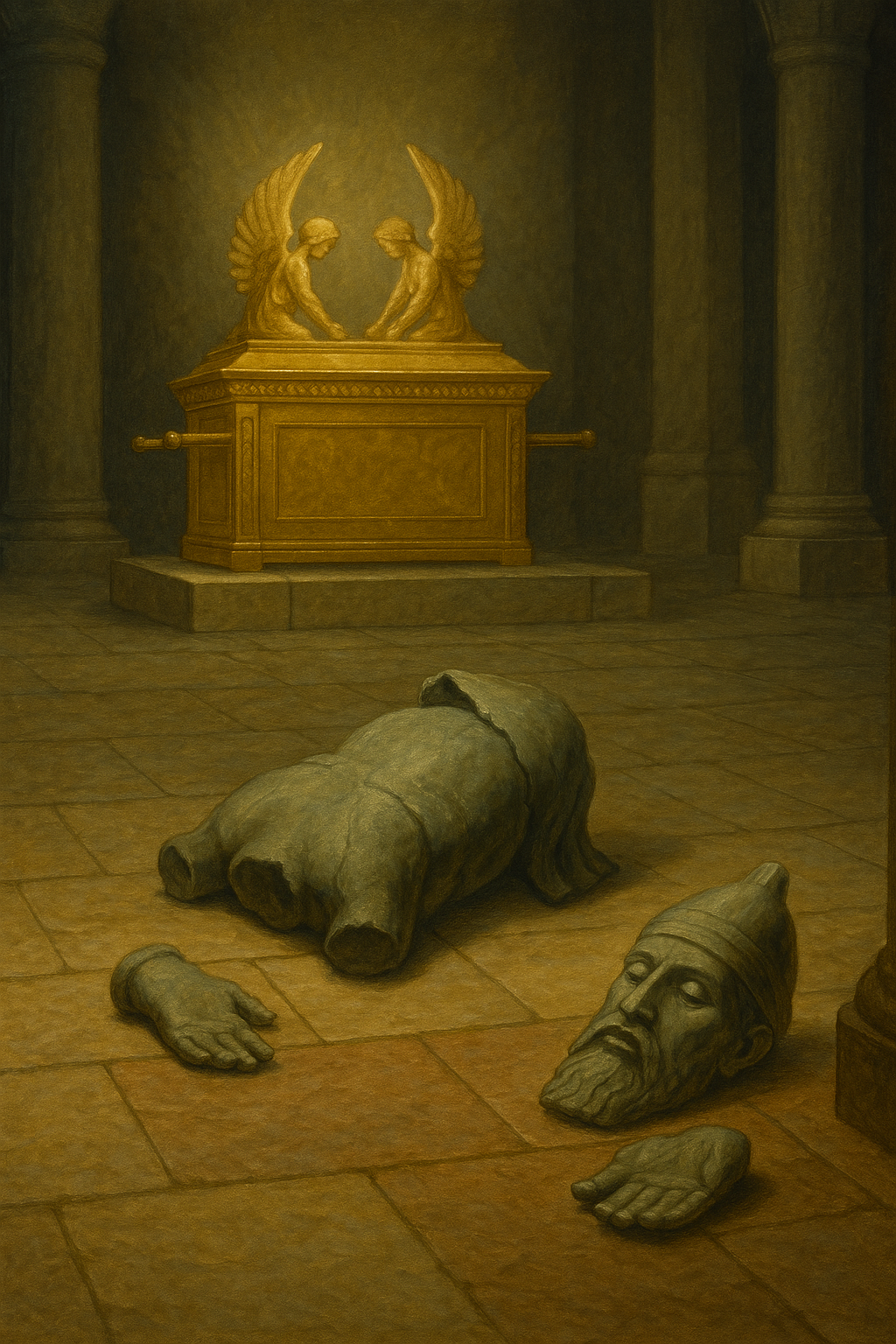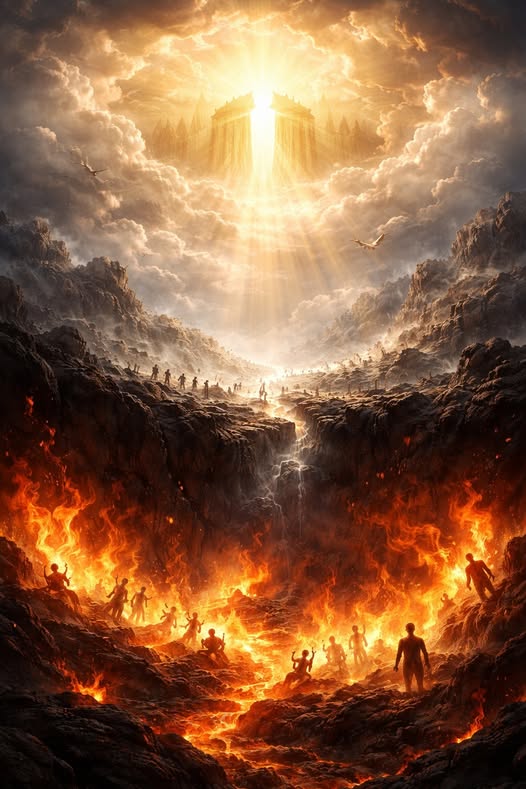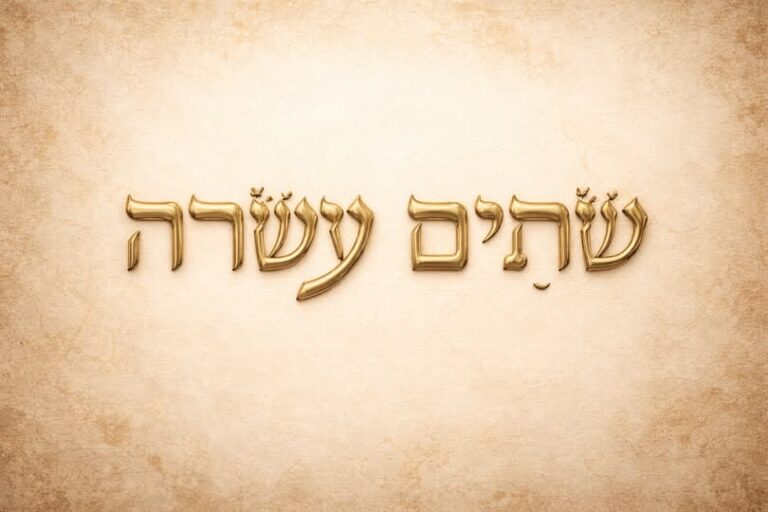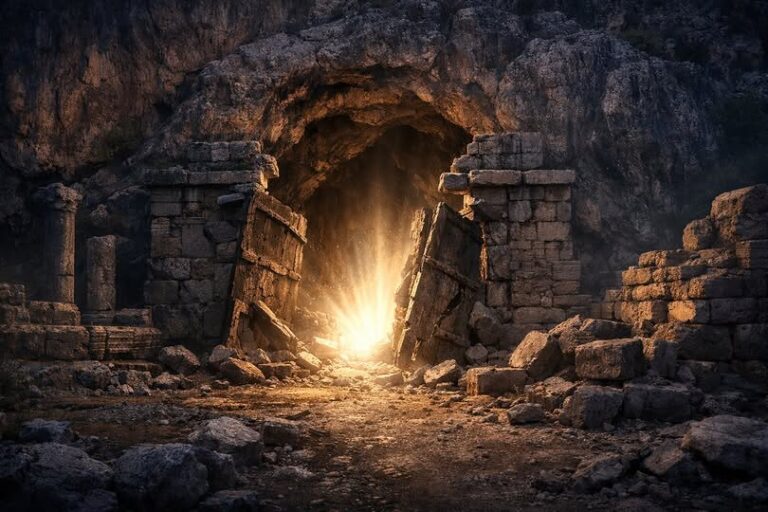
The Ark of the Covenant was not merely a sacred object. It was the physical manifestation of Yahweh’s presence, authority, and covenant with Israel. When the Ark was captured by the Philistines in 1 Samuel 4–6, it appeared to be a national and theological defeat. But what unfolds is one of the most pointed declarations of Yahweh’s unrivaled power. Without an army, a prophet, or a priest, He confronts the gods of the nations directly and leaves no doubt who truly rules.
The Capture of the Ark
Israel’s army, reeling from defeat, attempts to turn the tide by bringing the Ark from Shiloh into battle. Rather than seeking Yahweh, they treat His presence like a weapon to be wielded. The Philistines, terrified at first, rally and crush the Israelites. The Ark is captured. The sons of Eli are killed. Israel is humiliated. But this is no mere loss of a religious relic. It is a divine setup.
Dagon’s Fall
The Philistines take the Ark to Ashdod and place it in the temple of their god Dagon. This is not just cultural protocol. It is a claim of superiority, Dagon over Yahweh. But Yahweh does not share space. The next morning, Dagon is found face down before the Ark. They set him back up. The following day, he is face down again, this time decapitated and dismembered. His head and hands are on the threshold, the symbol of submission and defeat.
This was not a metaphor. To the ancient world, this was theological warfare. Yahweh had entered Dagon’s own sanctuary and crushed him without lifting a finger. It was a visible declaration that Dagon, and by extension the gods of the nations, held no real power in the presence of Israel’s God.
Judgment Without a Human Agent
After the humiliation of Dagon, the real terror begins. Ashdod is struck with tumors. The people panic. The Ark is sent to Gath. More plagues. Then Ekron. Death follows the Ark like a shadow. Rats overrun the cities. Tumors ravage the people. Panic spreads. This is not coincidental. Yahweh does not need a prophet to explain what is happening. He acts alone. No prayers, no intercessors. Just judgment.
The Divine Return
The Philistines, desperate to be rid of the Ark, devise a test. They place it on a cart pulled by two cows that had never been yoked and had recently calved. No driver. If the cows head for Israel, they will take it as a sign that Yahweh is the source of their suffering. The cows walk straight to Beth Shemesh, lowing as they go, never turning aside. The verdict is undeniable. Yahweh alone did this.
The Divine Council Worldview
To fully grasp the weight of this story, it must be read through the lens of the Divine Council. Yahweh is not battling superstition or stone. Dagon, like the gods mentioned in Deuteronomy 32 and Psalm 82, represents one of the rebellious spiritual beings to whom Yahweh allotted the nations after Babel. These beings were supposed to govern justly, but they demanded worship and turned nations against their Creator.
In 1 Samuel 5, Yahweh invades their territory. This is not just a national humiliation. It is a cosmic challenge. The Ark is His footstool, and He sets it in the heart of a rival’s temple to declare His supremacy. No army. No prophet. Just raw divine authority. The gods of the nations, once powerful, are shown to be helpless before Him.
This scene foreshadows the greater conquest to come. Yahweh is reclaiming territory. The gods will fall. The plagues mirror the Exodus, when Yahweh judged the gods of Egypt. But now it happens without Moses, without a word. The message to the watchers is clear. Their time is ending. Their rebellion is doomed. The true King is coming for all nations.
Conclusion
The Ark’s capture was not a defeat. It was a demonstration. Yahweh allowed Himself to be taken so He could show the nations, their gods, and even Israel that He does not need to be carried or defended. He is not a regional deity, subject to the fortunes of war. He is the Most High, ruling over all other elohim, and He will not be mocked. Dagon fell. The cities trembled. And Yahweh alone stood victorious.
Discussion Questions
- How does the defeat of Dagon serve as more than just a symbolic act?
- In what ways does Yahweh’s action without a prophet or army emphasize His supremacy?
- How does this event fit into the larger biblical pattern of Yahweh confronting the gods of the nations?
- What does this story reveal about the spiritual geography of the ancient world?
- How does understanding the Divine Council deepen the meaning of this confrontation?
Want to Know More?
- Michael S. Heiser, The Unseen Realm: Recovering the Supernatural Worldview of the Bible
Explains the Divine Council worldview in its biblical and linguistic context, showing how passages like 1 Samuel 5, Deuteronomy 32, and Psalm 82 reveal Yahweh’s supremacy over other elohim. - John H. Walton, Ancient Near Eastern Thought and the Old Testament
A clear and credible exploration of how Israel’s understanding of God differed from surrounding nations and how Yahweh’s actions functioned as direct polemics against their deities. - Daniel I. Block, For the Glory of God: Recovering a Biblical Theology of Worship
Provides theological insight into worship, divine presence, and Yahweh’s uniqueness in Israelite faith, including the meaning of the Ark in worship and warfare. - Jeffrey H. Tigay (ed.), Empirical Models for Biblical Criticism
A collection of scholarly essays that illuminate how narratives like the Ark account operate within the larger framework of Israelite theology and literary polemic. - Michael S. Heiser, Angels: What the Bible Really Says About God’s Heavenly Host
Expands on the unseen hierarchy of spiritual beings and how Yahweh’s actions reveal His authority over all other divine powers.




